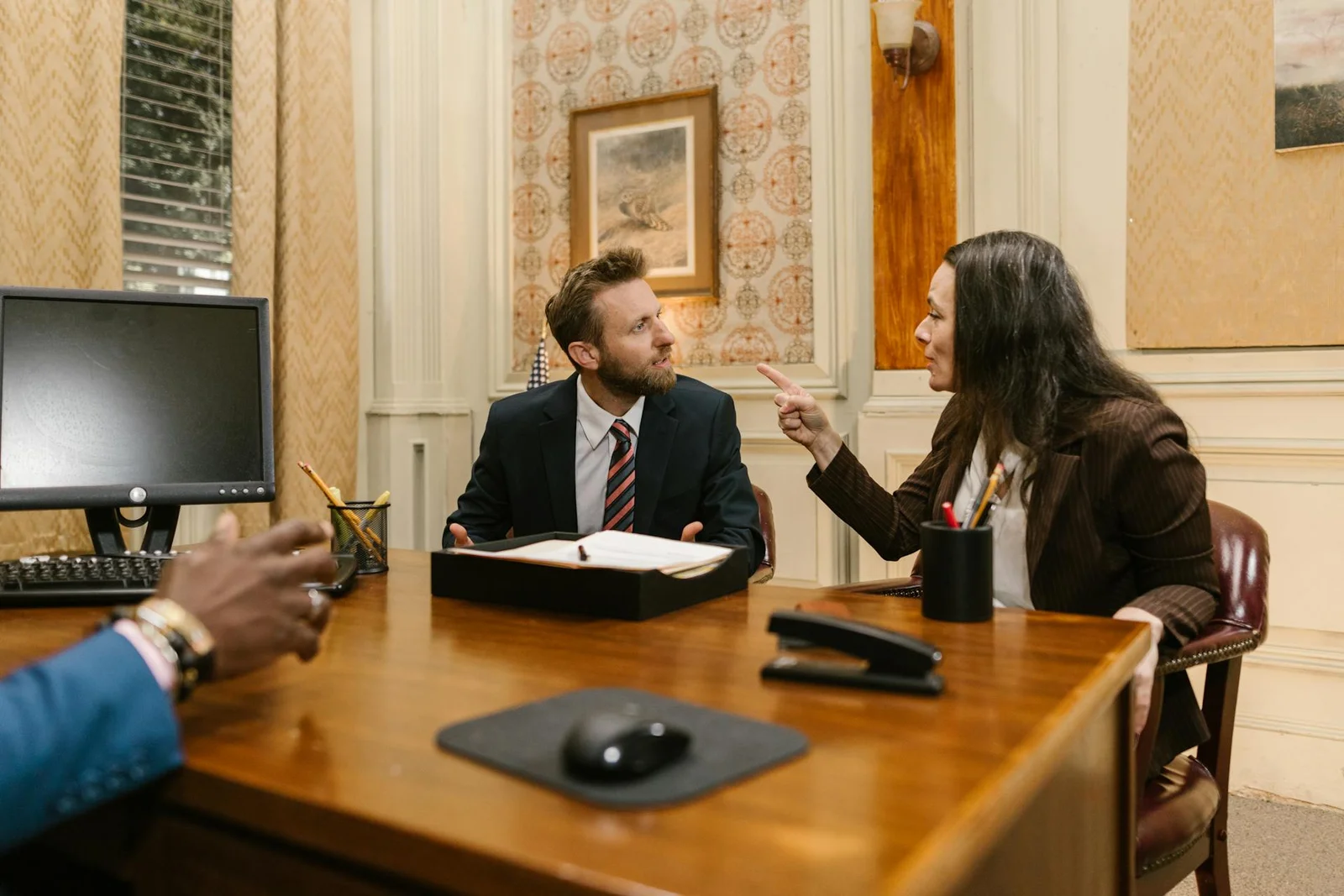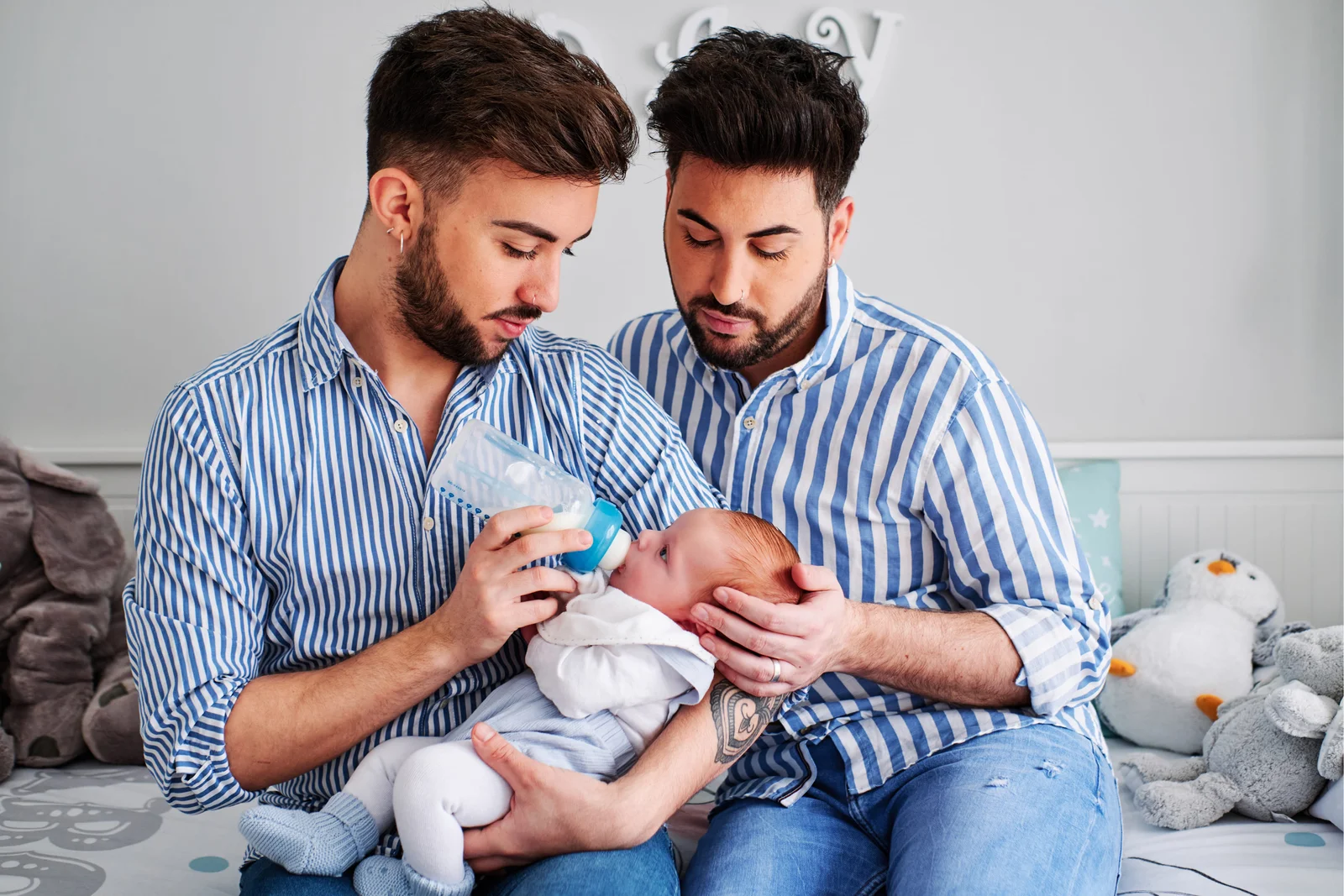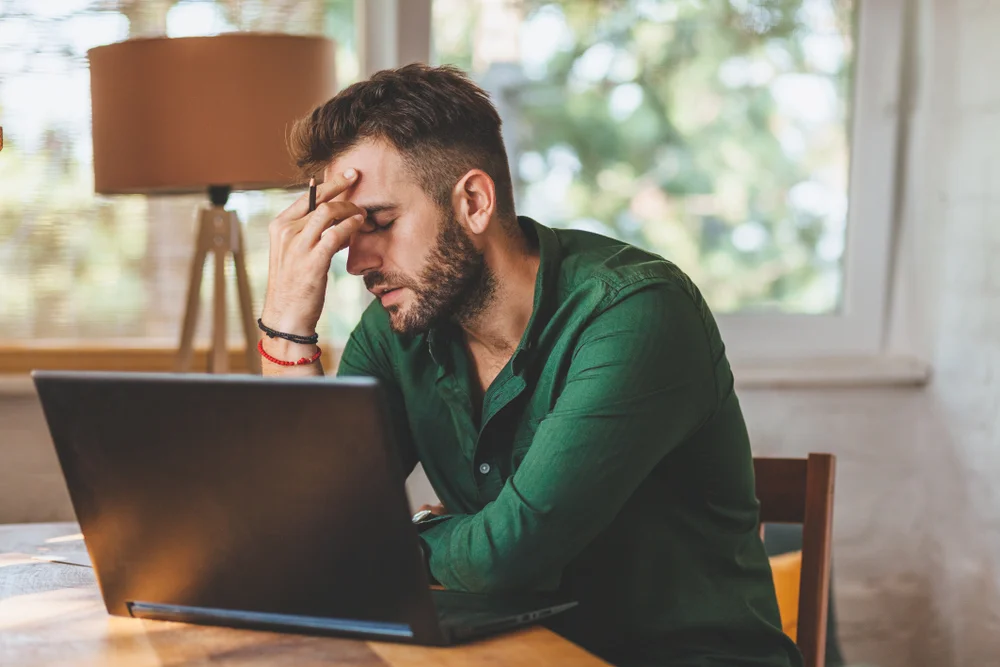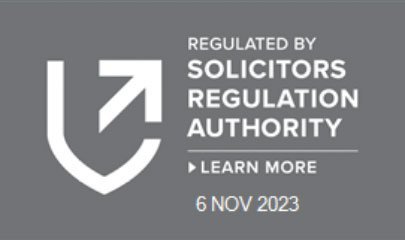In this blog, we look at what domestic violence is, what practical steps can be taken, wider support and legal remedies that are available to people facing domestic abuse.
***If you or someone else is in immediate danger please call 999 and ask for the police. If you are unable to talk you can use the Silent Solution of calling 999 and pressing 55 when prompted.***
What is domestic abuse?
Domestic abuse can be physical abuse, sexual abuse, emotional or psychological abuse, financial control, harassment and stalking, online digital abuse, coercive control. It can be one isolated incident or a pattern of incidents.
The most common form of domestic abuse is between people in a romantic relationship, but it can also cover abuse between family members and adolescent to parent violence and abuse.
The SafeLives campaign reports that people often do not recognise that they are being abused and found that people usually endure 35-50 counts of domestic abuse for 2-3 years before seeking help and support.
What Practical Steps can a Victim take during Lockdown?
Leave the Home: The Government renewed lockdown advice on 16th April 2020, permitting people who had an argument at home to leave and seek support, including staying in a refuge, with a friend or relative for a short period. This can often prevent things from escalating and provide necessary perspective on a situation.
Discuss: If it is safe to do so, the person suffering abuse can discuss this with the person perpetrating the abuse. They may not have recognised their behaviour is abusive and may be willing to access specialist support to make immediate changes.
Learn More: There are lots of websites where you can learn more about the abuse that is being endured and find steps to keep safe, such as having an emergency exit plan. If using these websites, please consider if the abuser can view your search history as this could place someone in more danger.
Update your Emergency Plan: If an emergency plan is already in place, please make sure it is Covid-19 suitable, it may need to be altered as pubs, cafes, restaurants and hotels are closed and public transport is not running at full capacity.
Download Hollie Guard: The Hollie Guard App was created by the family of Hollie Gizzard who believe it could have saved her life. It works by turning a smart phone into a personal safety device, alerting nominated contacts or the police that a person is in danger. It can also record video and audio until the police arrive and if necessary, the evidence is admissible in court. It can be downloaded to any smart phone.
Contact a Helpline: There are many helplines available if it is safe for you to talk and the abuser does not have access to your phone call history. There are help lines tailored for men, women, parents, elderly and LGBTQ communities. The National Centre for Domestic Violence deals with abuse from every background, it is a 24-hour confidential service for those affected by domestic abuse. They can help callers understand if abuse is occurring and talk them through steps going forward. This can include finding a refuge or shelter, notifying the police or obtaining an injunction. They can also be contacted online. Further information on support and resources is available here.
Find a Safe Space: There are also schemes being piloted to provide a ‘Safe Space’ in public places, such as supermarkets and pharmacies, which will allow people to ask for help in confidence. Look out for notices about Safe Spaces in your community. Safe Space Update November 2020: Safe spaces are now available at Boots UK, Superdrug Pharmacy, Morrisons Pharmacy and many independent pharmacies. Go to the healthcare counter and ask to use their Safe Space. There will be specialist domestic abuse support information for you to access, so you can make a call safely.
What Legal Steps can a Victim take?
There are many legal remedies that can benefit those affected by domestic abuse. Mediation could be helpful if you want to explore the possibility of dividing a home to make it safer to continue living in, or to find agreement that a party move out of the property.
Solicitors can provide support with negotiations and assist with agreements to make things safer, such as agreements about behaviour and division of a property.
It may be that the situation could benefit from an injunction order from the Court. There are two main injunctions to protect from domestic abuse a Non-Molestation Order and an Occupation Order.
Who can apply for an injunction? A person can apply for an Order if they are a victim of domestic violence and the person they wish to seek protection from is someone that they are having/had a relationship with, a family member or someone that they live or have lived with.
This is known as ‘associated persons’ and extends to married couples, cohabiting partners, girlfriends/boyfriends where the parties have been together for over 6 months, immediate family members that cohabitate and certain relatives in particular circumstances.
If the applicant is not an associated person, they may be able to seek protection under the Protection from Harassment Act 1997.
What is a Non-Molestation Order? A Non-Molestation Order is often referred to as an injunction order or on TV as a restraining order. The best way to view a non-molestation order is as a legal way of saying ‘STOP!’.
A Non-Molestation Order is intended to prevent the Respondent from perpetuating further abuse to the Applicant, their children and their property. The Order can prohibit the Respondent from being within a set distance of the applicant’s home.
If found in breach of a Non-Molestation Order a person can be arrested without a warrant. They may be either fined, imprisoned for up to 5 years or both.
What is an Occupation Order? An Occupation Order can protect a person from domestic abuse by excluding the preparator from the property. Like Non-molestation Orders they can be applied for by those affected by abuse by ‘associated person’.
Where it is not possible for the Court to order an abuser to leave the property, the Court can order a Zonal Occupation Order. This essentially divides the home between the parties so that each may continue enjoying the property peacefully.
How long do the Orders Protect? How long either Order lasts depends on the situation. It can last from a week up to a year. If the issues persist on expiry, the Order can be extended and in some extreme cases the Orders can last indefinitely.
In an emergency situation both Orders can be applied for quickly and without notice, meaning that the abuser is not informed that their victim is applying. Although a Judge will also want to hear their version of events shortly after to decide whether it should remain in place.
At Allard Bailey Family Law we pride ourselves on being a safe pair on hands during a personal crisis. Our specialist knowledge and proven results with both Non-Molestation Orders and Occupation Orders are available to support you through this difficult time.
Legal Advice
If you need advice on domestic abuse issues or any other family law matter during the Coronavirus lockdown, you can book a video or telephone consultation with one of our team by calling +44 (0)20 7993 2936 or completing the enquiry form on this page.
For help with urgent injunctions please contact Sabrina Bailey directly on +44 (0)7507 343443.
***If you or someone else is in immediate danger please call 999 and ask for the police. If you are unable to talk you can use the Silent Solution of calling 999 and pressing 55 when prompted.***
Additional Resources
Further information on support and resources, including specific organisations helping men, women and people from different backgrounds, is available here.
































































